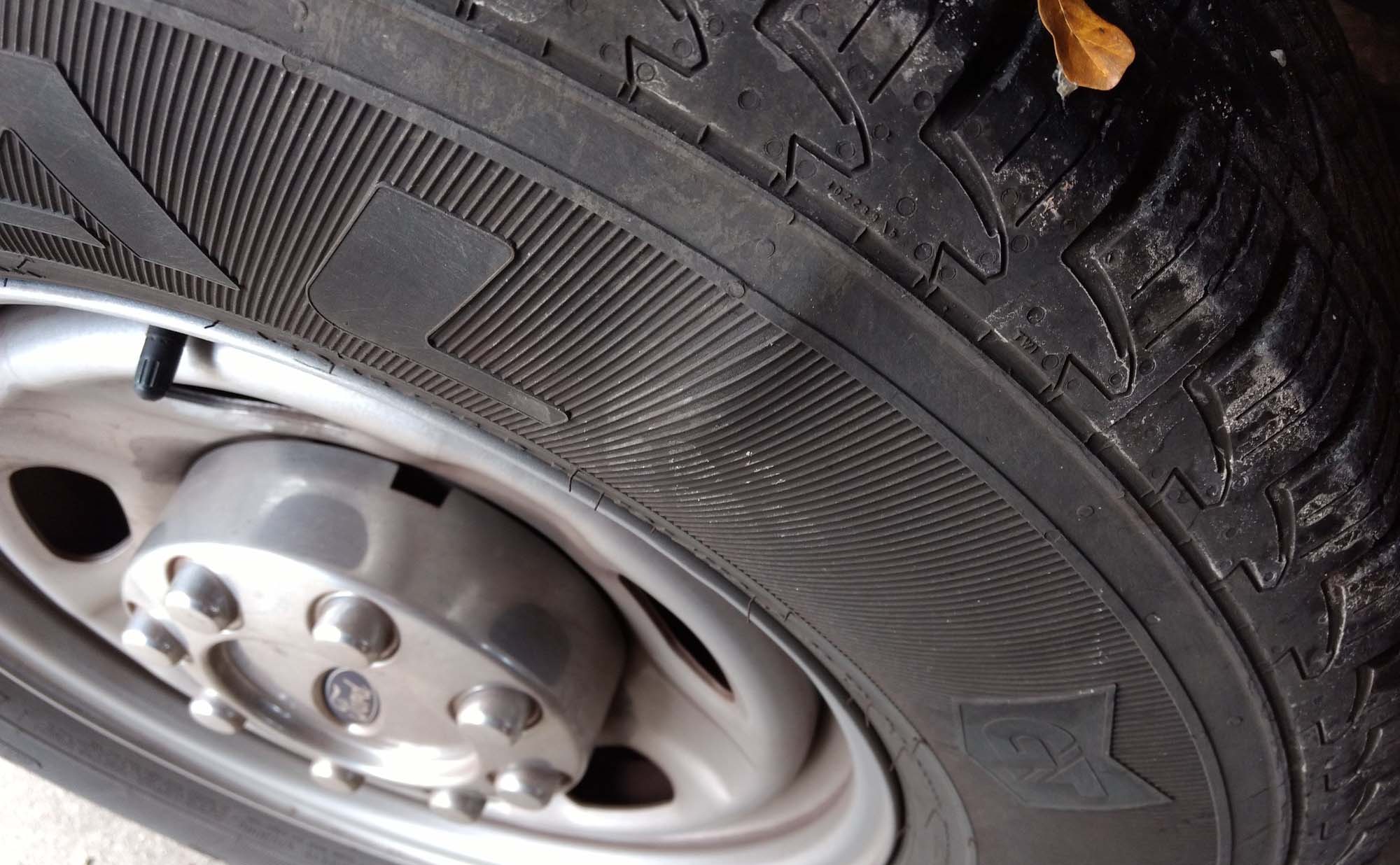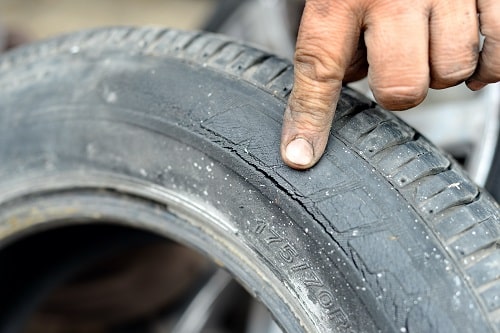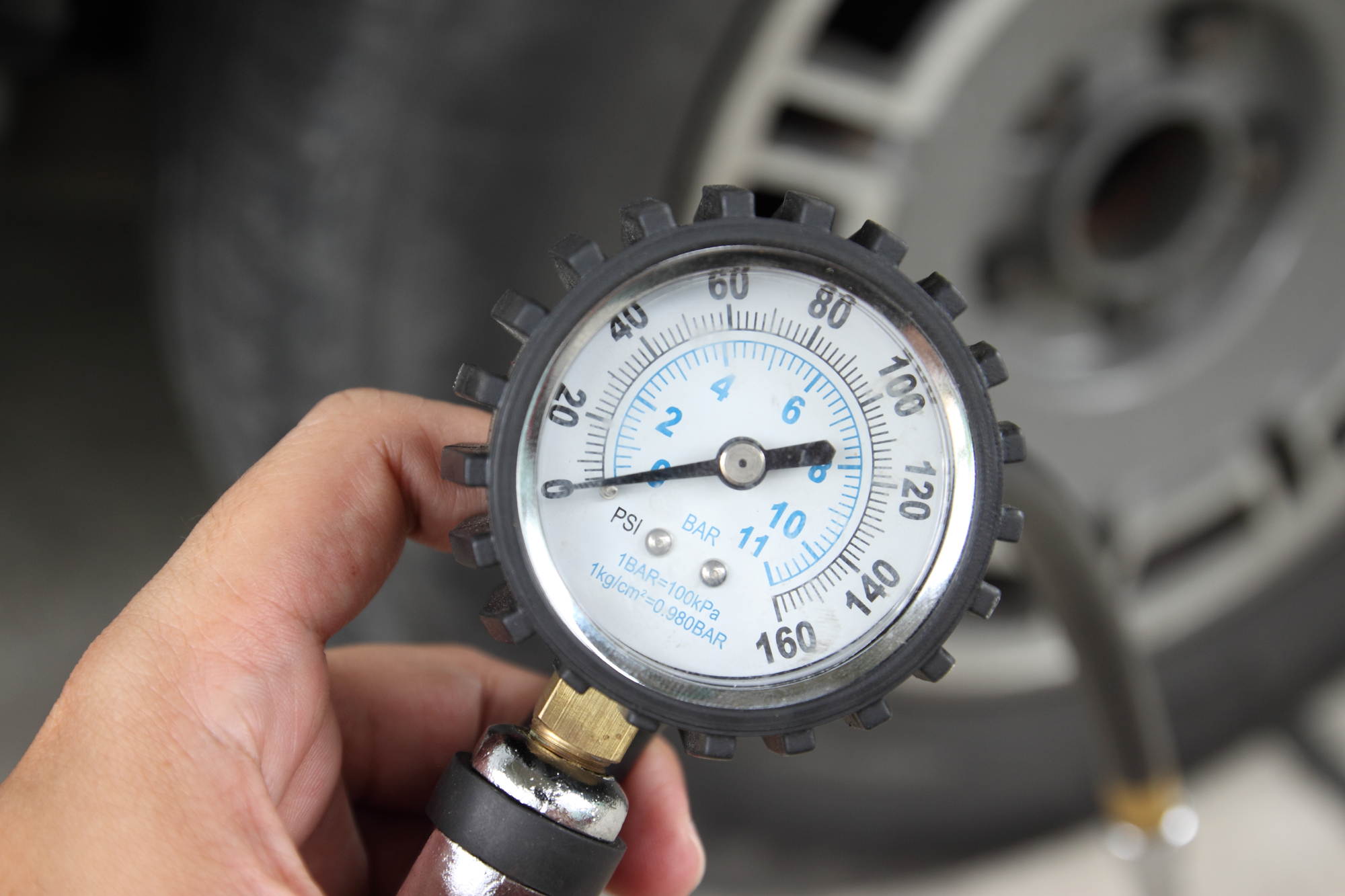Signs Your Tires Need Repair Before Shipping
Key warning indicators like bulges, low tread, or uneven wear that should be fixed in advance.
When preparing your vehicle for auto transport, most people focus on documenting its condition and removing personal items. But one step that often gets overlooked is checking the tires. Even though your car will not be driven long distances during transport, it still needs to roll safely on and off the carrier. Damaged or worn-out tires can create delays, safety issues, and even extra costs.
Top Things to Look For: Signs of a Flat Tire
Here are the key warning signs to look for before shipping your vehicle.
Low Tread Depth
Tire tread is what gives your vehicle grip. If the tread is worn too thin, your tires may not have enough traction to safely drive up or down the carrier ramps.
Use the penny test: insert a penny into the tread with Lincoln’s head facing down. If you can see the top of his head, it’s time to replace the tire.
Visible Bulges or Bubbles
Bulges or bubbles on the sidewall are red flags. They indicate internal damage that can cause a tire to blow out, even with minimal use.
A tire in this condition should be repaired or replaced before transport to avoid problems during loading or unloading.
Uneven Wear Patterns
Uneven tread wear may point to alignment issues, improper inflation, or suspension problems. Not only does this shorten the life of your tires, but it could also create safety concerns.
Addressing uneven wear before shipping ensures your car is ready for smooth handling once it arrives.
Cracks and Dry Rot
Vehicles that have been sitting for long periods may show cracks along the tire surface. Known as dry rot, this weakens the rubber and increases the chance of tire failure.
If your car has been parked for a while, inspect carefully for these signs.
Low or Fluctuating Tire Pressure
Consistently low tire pressure often means a slow leak. This can cause a flat tire at the worst possible time—when the driver is trying to load your vehicle.
Inflate all tires to their proper pressure and fix any leaks in advance.
Final Thoughts
Tires may seem like a minor detail in the auto transport process, but they play an essential role in getting your car safely on and off the carrier.
By addressing warning signs such as low tread, bulges, uneven wear, or leaks, you prevent delays and protect your vehicle from potential damage. A quick inspection and repair now can save you major headaches later.
Related Links
Stay connected with me, Auto Transport Mover, across my favorite platforms!
For tips, updates, behind-the-scenes looks, and real talk about car shipping, follow me on:
- Instagram: https://www.instagram.com/autotransportmover
- X (formerly Twitter): https://x.com/AutoMoverama
Follow me for insights, stories, and advice to help you navigate the auto transport world!








Comments
Post a Comment